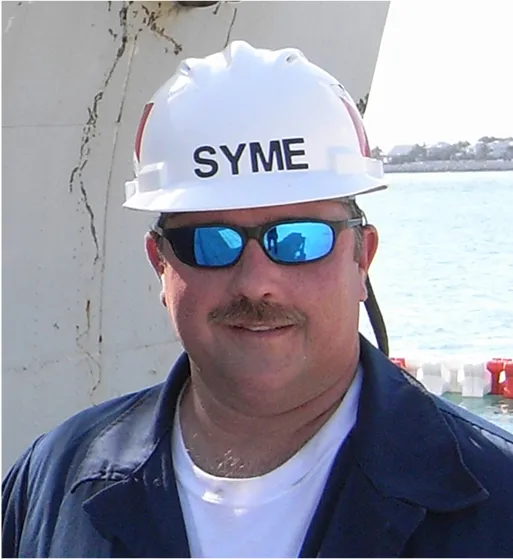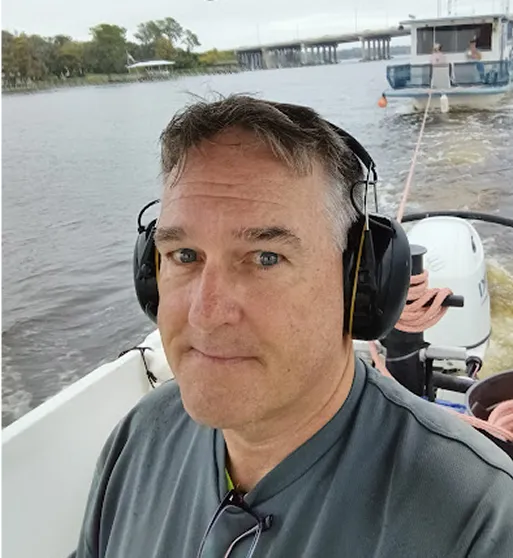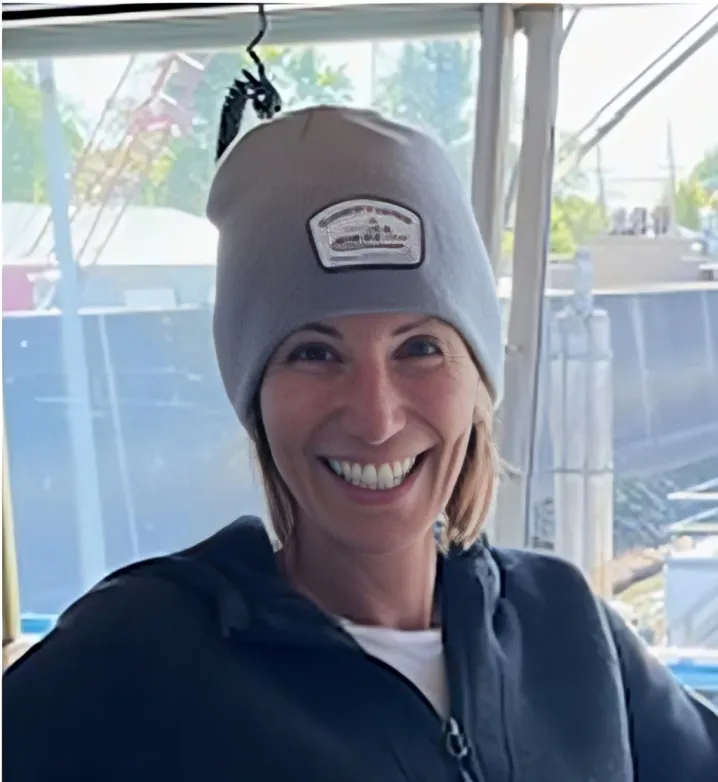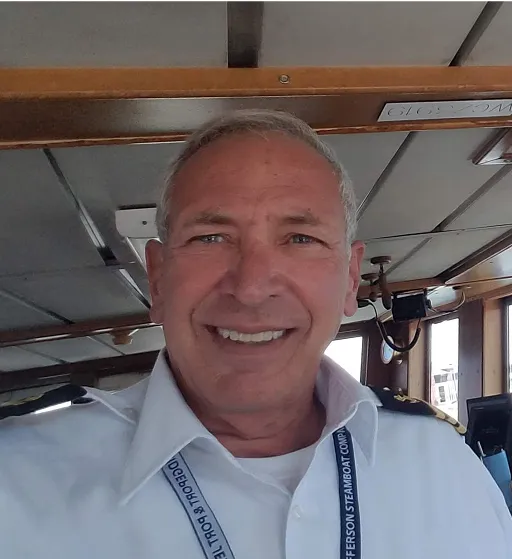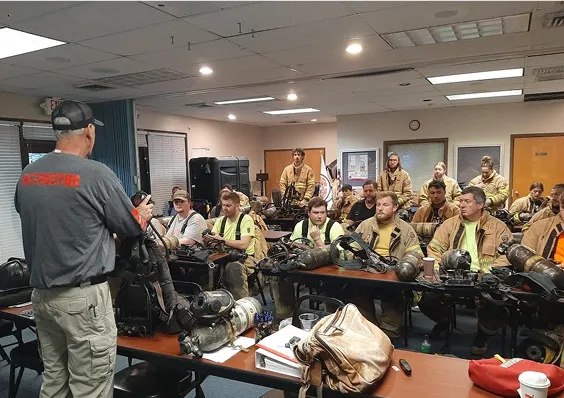.webp)
In Sea School’s FCC-MROP course, students will learn basic radio law and operating best practices.
Upon successful course completion, students will receive a diploma which provides 90 days of coverage until an official FCC license is issued. The FCC requires a Marine Radio Operator Permit to operate radiotelephone stations aboard certain vessels that operator on open waters, tidewaters, and the Great Lakes of the United States. The Marine Radio Operator Permit is required to operate a radiotelephone station on vessels that carry more than six passengers for hire, or aboard vessels of more than 300 gross tons. The license is issued for a lifetime period (no renewal required).
Locations
Heading
Train from Anywhere with Sea School Courses – Learn at Your Own Pace
Train on your schedule with Sea School’s self-paced online courses. Designed for flexibility and convenience, our online programs allow you to complete key certifications and knowledge-based training from anywhere, at any time.
Upcoming Zoom Trainings
Join our courses from anywhere with our convenient Zoom sessions. Choose the dates that work best for your schedule and start your journey toward earning your next license or endorsement - without ever leaving home.
This Course Has Other Options for Learning
The Right Course for Every Seafarer
.webp)
What Our Clients Say
Why Thousands of Mariners Choose Sea School?
Each year, over 7,500 students choose Sea School for their maritime training. We offer 30+ USCG-approved courses across in-person, online, and satellite formats, with training available at 6 locations nationwide. Team training is also available on-site or via satellite to meet company needs.

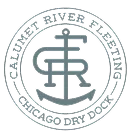
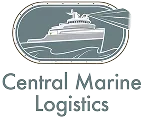


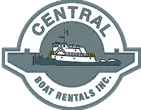

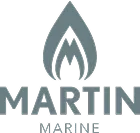








We’ve developed comprehensive, engaging, and practical curriculum to set you up for success on the water
While the curriculum represented on the Sea School website is a general layout of course information, it is not the exact order in which lessons are taught.
- Equipment Regulations
- License Requirements
- Watchkeeping
- Logkeeping
- Log Entries
- Miscellaneous Rules & Regulations
- Equipment Regulations
- License Requirements
- Watchkeeping
- Logkeeping
- Log Entries
- Miscellaneous Rules & Regulations
- Bridge-to-Bridge Operations
- Operating Procedures
- Distress Communication
- Urgency and Safety Communications
- Global Maritime Distress & Safety System
- Bridge-to-Bridge Operations
- Operating Procedures
- Distress Communication
- Urgency and Safety Communications
- Global Maritime Distress & Safety System
- VHF Equipment Controls
- VHF Channel Selection
- MF-HF Equipment Controls
- MH-HF Frequency & Emission Selection
- Equipment Tests
- Equipment Faults
- VHF Equipment Controls
- VHF Channel Selection
- MF-HF Equipment Controls
- MH-HF Frequency & Emission Selection
- Equipment Tests
- Equipment Faults
- Antennas
- Power Source
- Emergency Position Indicating Radio Beacon
- Search and Rescue Transponder
- Survival Craft Transponder
- Navigation TeleX
- Antennas
- Power Source
- Emergency Position Indicating Radio Beacon
- Search and Rescue Transponder
- Survival Craft Transponder
- Navigation TeleX
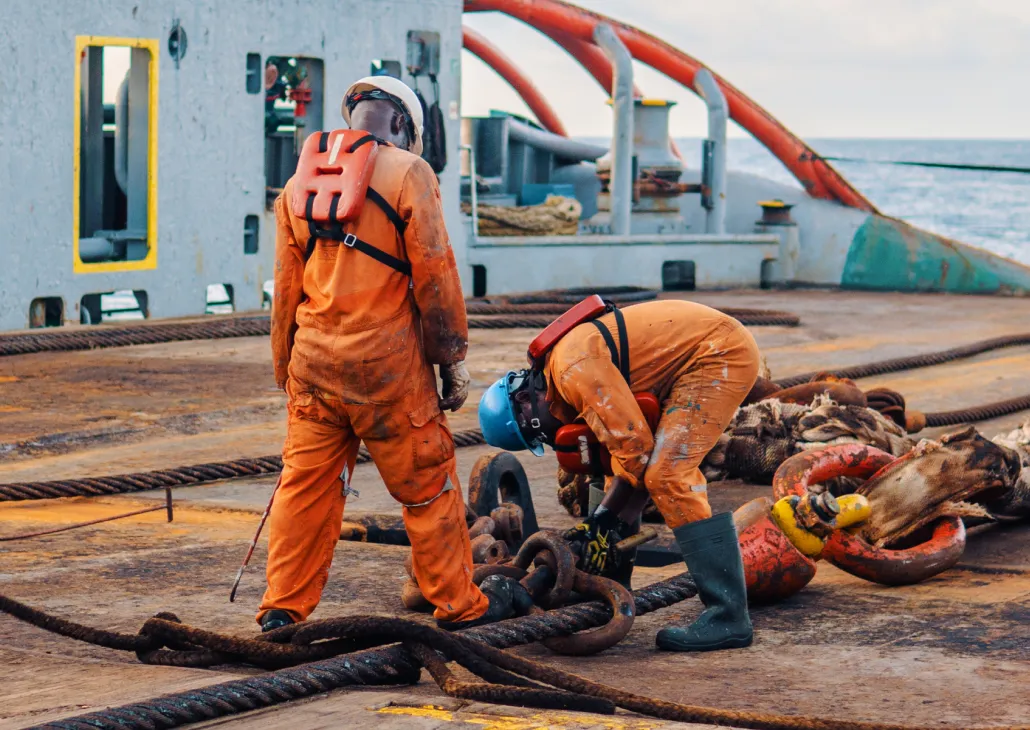
Team Trainings
Sea School provides comprehensive team training solutions designed to meet your organization's unique requirements. Our certified instructors are available for on-site training at your location, or your team can utilize our dedicated training facilities. Please contact us for further details regarding our corporate training opportunities.
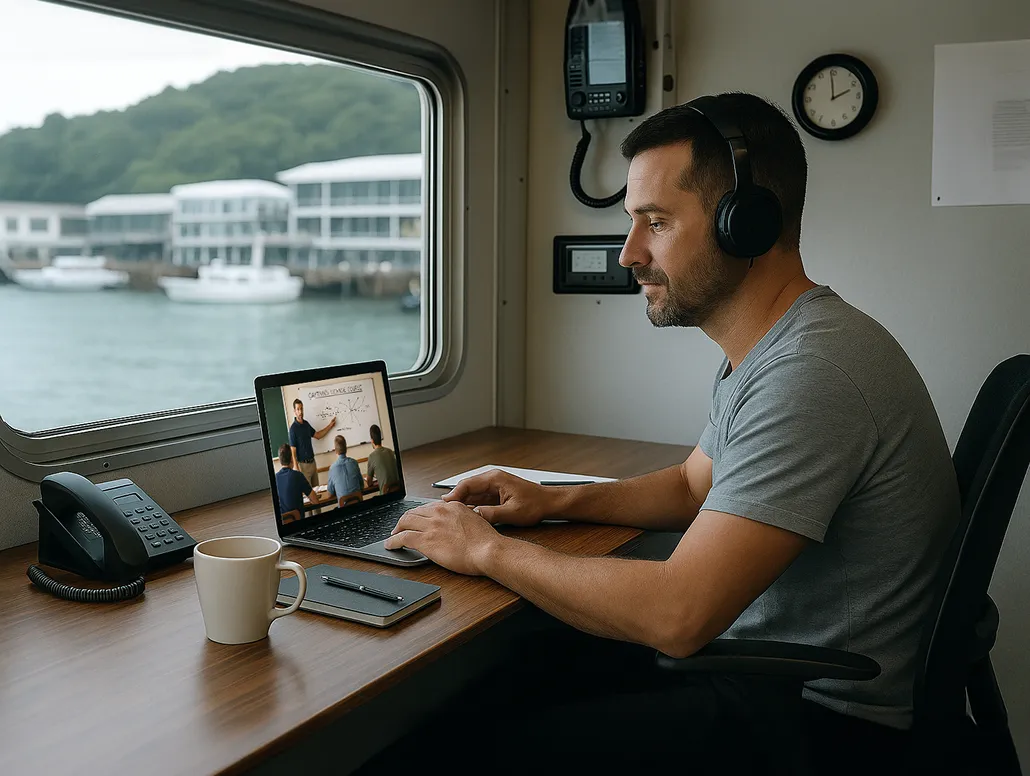
Online Trainings
Looking to obtain your next license at your own pace? Sea School offers a selection of immersive online courses designed to provide you with convenient access to our high-quality course material. Explore our online options and contact us with any questions you may have.
A Simple 3-Step Process to Get Certified and Start Your Maritime Career
Choose Your Course
Pick the course that fits your experience level and sea time and select the available format that works for you (in-person, Zoom, or online).
Enroll & Prepare
Register online or at a Sea School location. Ensure you meet eligibility requirements and start reviewing the provided study materials.
Get Certified
After finishing the course, you will need to submit your application to the Coast Guard to receive your Merchant Mariner Credential (MMC).

Advance your Maritime Career
What Our Clients Say
Course Comparison
FCC-MROP Requirements: Everything You Need to Get Certified
Eligibility Requirements
- Be a legal resident of (or otherwise eligible for employment in) the United States; and
- Be able to receive and transmit spoken messages in English; and
- Pass a written exam for the MROP
All the answers you’ll need before enrolling in the FCC-MROP course
The FCC issues a Marine Radio Operator Permit (MROP) that authorizes individuals to operate certain marine radiotelephone stations. This permit is required for operating specific types of vessels including inspected vessels.
An MROP requires passing the FCC Element 1 examination. This exam covers basic radio law and operating procedures.
Obtaining an MROP is a two-step process with the Sea School. First, students must pass the FCC Element 1 examination. Upon successfully passing the exam and submitting their completed application, students will be issued a diploma that shows they have operational privilege for 90 days. We will submit the completed application to the FCC for you. You will receive an email from the FCC requesting a $35 application fee; once this is is paid, the FCC will email your license to you. Please note that for Online MROP students, Sea School will only issue a diploma if a students takes our Sea School exam in-person at one of our Brick and Mortar locations.
The MROP is issued for life.
An MROP is required to operate radiotelephone stations aboard vessel of more than 300 gross tons and vessels which carry more than six passengers for hire in the open sea or any tidewater area of the United States.
Generally, recreational boaters using Very High Frequency (VHF) marine radios do not need an MROP, but are still required to follow FCC regulations. However, recreational boaters should always check with the FCC to ensure they are compliant.
An examinee must correctly answer at least 18 out of 24 questions (75%) to pass the FCC Element 1 examination.
No, this license does not get added to your MMC but gets held along with the credential when you operate.
We offer written exams for several different commercial FCC licenses, such as GROL (electronics). Call us for details.
Yes! Our office locations can offer the exam by appointment. We will administer the exam and file your completed application to the FCC upon passing. You will need to pay the FCC application fee to receive the license.
It’s Time to Start Your Maritime Career!
Helping thousands of mariners every year, Sea School is a leader in the maritime education space. Whether you are new to the industry or looking to add onto your Merchant Mariner Credential, find the courses right for you at Sea School.


